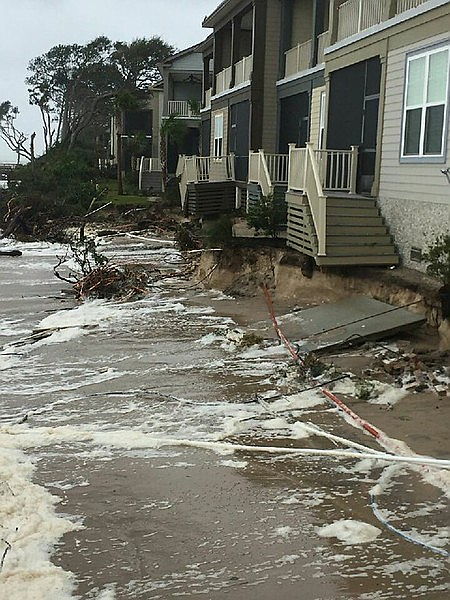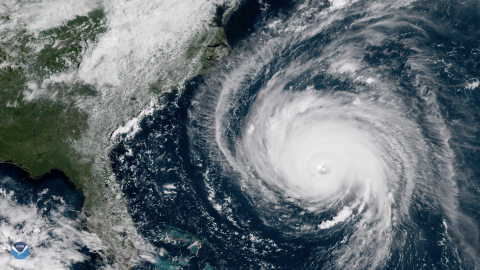
Representative Jesse Petrea has introduced state legislation (HB 748) that will shift the burden of proof to the State when landowners wish to assert ownership rights to coastal marshlands.
Common law public trust doctrine holds that the lands regularly submerged by the ebb and flow of the tide are owned by the State and held in trust for the benefit of the people. In 1981, the Georgia legislature codified this principle in the Protection of Tidewaters Act which establishes the State of Georgia as the owner of the beds of all tidewaters within the State, except where private title can be traced to a valid British Crown or State land grant.
It is appropriately difficult for property owners to successfully produce the documentation needed to trace an unbroken chain of title to a Crown or State grant. Most of these grants date back to as far as 250 years ago when Georgia was a British colony. Among the requirements for proving ownership status, the grants must still exist, be legible, and must specifically convey tidewaters. Most Crown grants were subject to stipulations such as the cultivation of rice, mandating that the property reverts to the Crown if grantees should fail to adhere to the terms.
Currently, marsh-front property owners can petition the State to recognize their ownership of marshlands by submitting supporting documents to the Georgia Department of Law for official verification. HB 748 would place an arbitrary 60-day time limit on the Attorney General to verify the claims. If the Attorney General cannot decide within this short period, the law would consider the claim valid by default putting the onus on the State to prove in court that the petitioner does not own public trust marshland.
Passing this bill would hamper the State’s ability to employ necessary due diligence in evaluating claims affecting public trust lands, thus increasing the likelihood of dubious claims succeeding.
Some might wonder if unleashing a potential land grab of Georgia’s coastal marshlands matters since Crown grant marshlands are covered by the Coastal Marshlands Protection Act (CMPA). It matters if a constituency of private landholders grows large enough to successfully lobby for policy changes that weaken environmental regulations perceived to impinge on their property rights.
...continue reading "Why a Bill Expediting Private Ownership of Georgia’s Salt Marsh is a Bad Idea"








